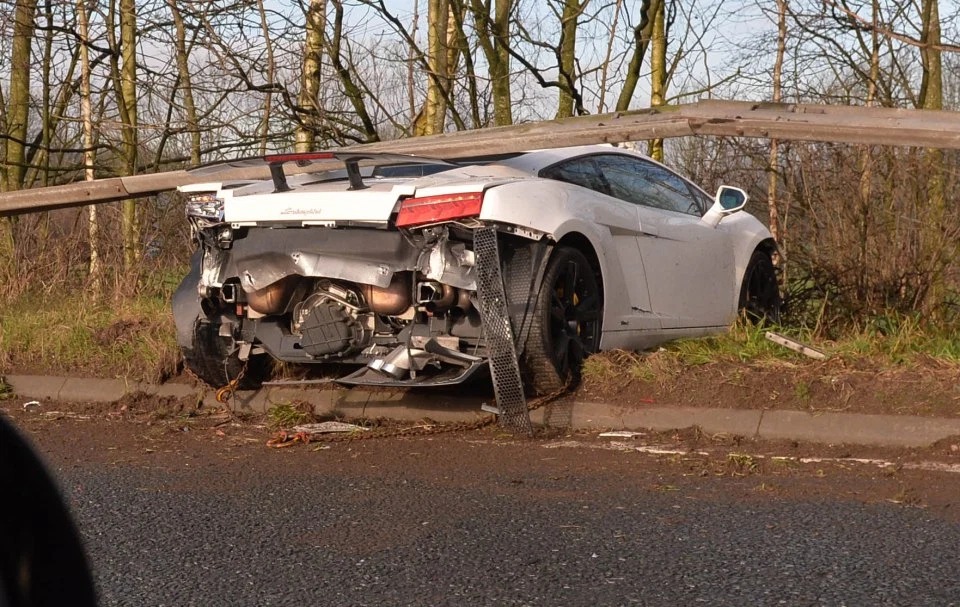
If you’re in a car accident, depending on where you live and who’s at fault, as well as the extent of the damage, there can be a lot to think about. You have to work with your insurance company, and if you’re injured, you may receive an accident settlement.
With that, what happens if you total your car?
Will insurance buy you a new car, and what can you expect that process to look like?
What’s Considered Totaled?
Typically, a car is considered totaled if the cost of repairs would exceed the value of the car.
There are certain thresholds depending on the state you live in as well, and in some cases, an insurer might be the entity that determines if a car is totaled.
The types of coverage that pay in the event of a totaled vehicle are comprehensive and collision coverage. If you finance your car or you’re leasing, you are usually required to have these types of coverage.
If your car is paid off, this coverage is optional, and if your vehicle is totaled and you don’t have this coverage, you’ll have to pay out-of-pocket to replace your vehicle.
If you wreck your car, they’ll need to determine your car’s worth, which is also known as the actual cash value.
The insurance company will usually look at a myriad of factors, including age, condition, resale value, and mileage.
Does the Insurance Company Buy You a New Car?
If you have a car that is basically brand new—usually less than three months old—and you total it, the insurance company may replace it with a new car.
Beyond that, there’s more of a gray area as far as what might happen.
First, some companies offer something called guaranteed replacement coverage. It costs extra, but it covers a new car.
If you don’t have this type of coverage as part of your policy, your company has to do what’s called making you whole. This means your insurance company is responsible for paying you the cash value of your car, which is the value right before it was totaled, minus your deductible.
If you have a car loan at the time you total your vehicle, your insurance company is under no obligation to pay off your loan. They only have to give you what your car was worth, which means you may still be in significant debt on your loan.
There is an option to protect yourself from this situation with gap insurance. Gap insurance pays off the balance you owe to a lender, but only if your car is totaled.
If your car is a total loss, you’ll usually receive a payment within a few days after they give you the final actual cash value. If you lease a car, the payment goes to a leasing company. If you financed the car, the payoff goes to the lender, and you get anything that’s left.
If you own the car, the proceeds go to you.
When you’re working with your insurance company, you should ask the adjuster to go over the total loss worksheet.
New Car Replacement Insurance
New car replacement insurance is an option offered by some insurers that pays the value of a brand-new car that’s the same as your make and model minus the deductible if your car is a total loss.
It’s not available through every insurer, and it does cost extra. It also only applies to new cars.
New car replacement insurance is different from gap insurance because it’s for buying a new car, instead of paying off your old one.
Can You Repair Your Old Car?
Sometimes people wonder if they can keep their damaged car and repair it themselves. Typically when a car is totaled, the insurance company auctions the vehicle at a salvage yard and keeps the proceeds. In this case, the title has to be changed to a salvage title. If you kept a car with a salvage title you’d have to complete the repairs and apply for a new title before you could register it.
Finally, sometimes there are situations where a total loss may occur that’s not your fault at all—for example, if a tree falls on your car.
In this case, your comprehensive coverage should kick and reimburse you for the actual cash value minus your deductible. If your car is a total loss because of an accident with someone else, your collision insurance is likely what will provide coverage, and your insurer may also try to get coverage from the other driver’s insurance if it was their fault.
